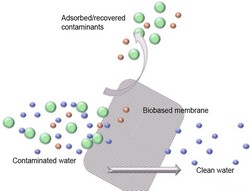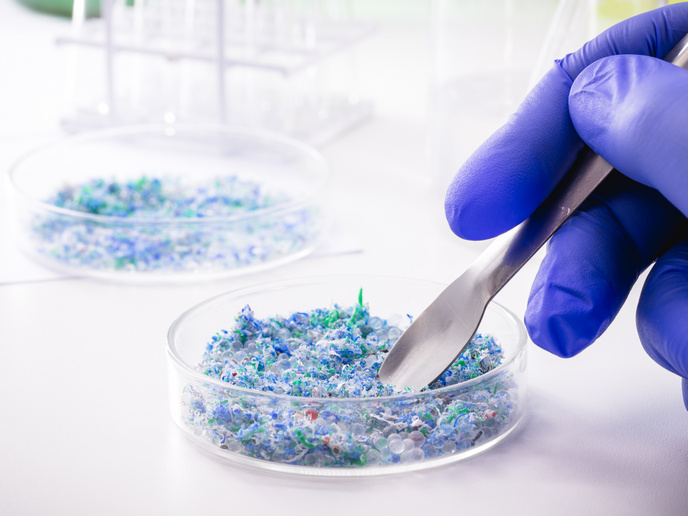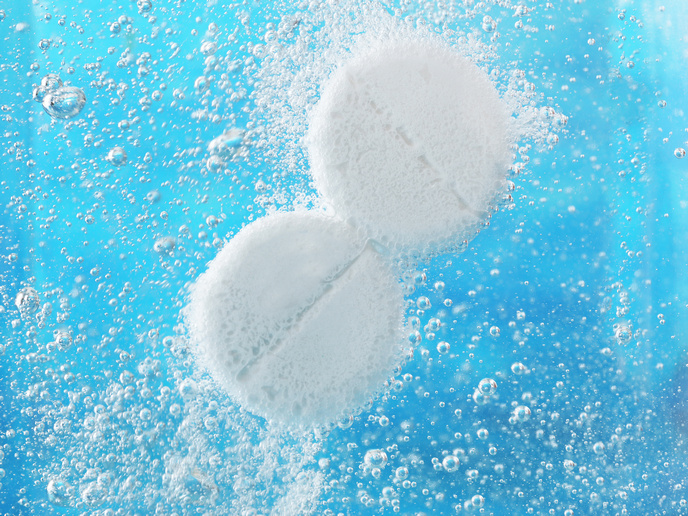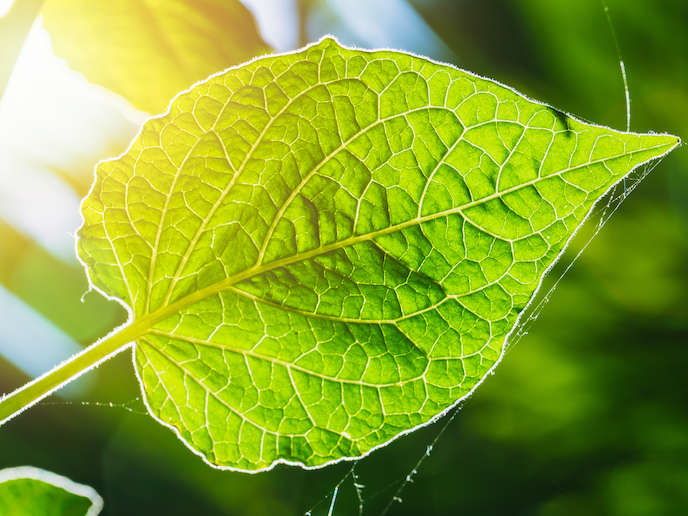Biobased nanomaterials aid water purification
According to the United Nations (UN), water use has been growing at twice the rate of the population during the last century. Every year, competition for water resources for drinking, bathing, and sustaining agriculture and life intensifies. The NANOSELECT(opens in new window) (Functional membranes/ filters with anti/low-fouling surfaces for water purification through selective adsorption on biobased nanocrystals and fibrils) project has therefore developed nanomaterials-based water purification membranes for decentralised industrial and domestic water treatment to help alleviate the problem. Researchers designed, developed and tested membrane-based prototypes based on nanocellulose and/or nanochitin, polysaccharides found in plants and the exoskeletons of crustaceans. The main focus was on the removal of toxic chemicals such as heavy metal ions, pesticides and fertilisers from contaminated industrial water using membranes and membrane modules. These were based on existing nanostructured membrane technology. This was adapted to interact and selectively adsorb/store and desorb heavy metal ions, toxic chemicals and/or bacteria using nanoenabled membranes. In addition, the membranes were evaluated for their suitability for disposal by composting and their impact on environment, at end-of-life. These bio-based functional membranes therefore provide a highly energy-efficient, cheap, biodegradable, non-toxic and green substrate for water treatment. Using existing industrial processes, the team was able to quickly up-scale production of nanoparticles (cellulose and chitin nanocrystals and cellulose nanofibres) isolated from bioresources. Both nanocellulose and nanochitin successfully demonstrated adsorption of heavy metal ions from water for efficient water purification. NANOSELECT will help to recover heavy metals while ensuring high-efficiency decentralised water cleaning, high adsorption rates and high adsorption selectivity. It also features reuseable antifouling or low fouling surfaces. The removal of water pollutants will have long-term benefits for human health and quality of life. This work will lead to new products based on green nanotechnology in the form of nanomembranes, filters and adsorbents for water purification that will be more efficient, cost effective and environment friendly than currently available products. They will provide sustainable solutions for water recycling and removal, and the recovery of heavy metal ions, fertilisers, drugs and pesticides from industrial effluents. The resulting improvement in the quality of surface and groundwater, initially in Europe and then at the global level, will have a far-reaching impact on the environment.







